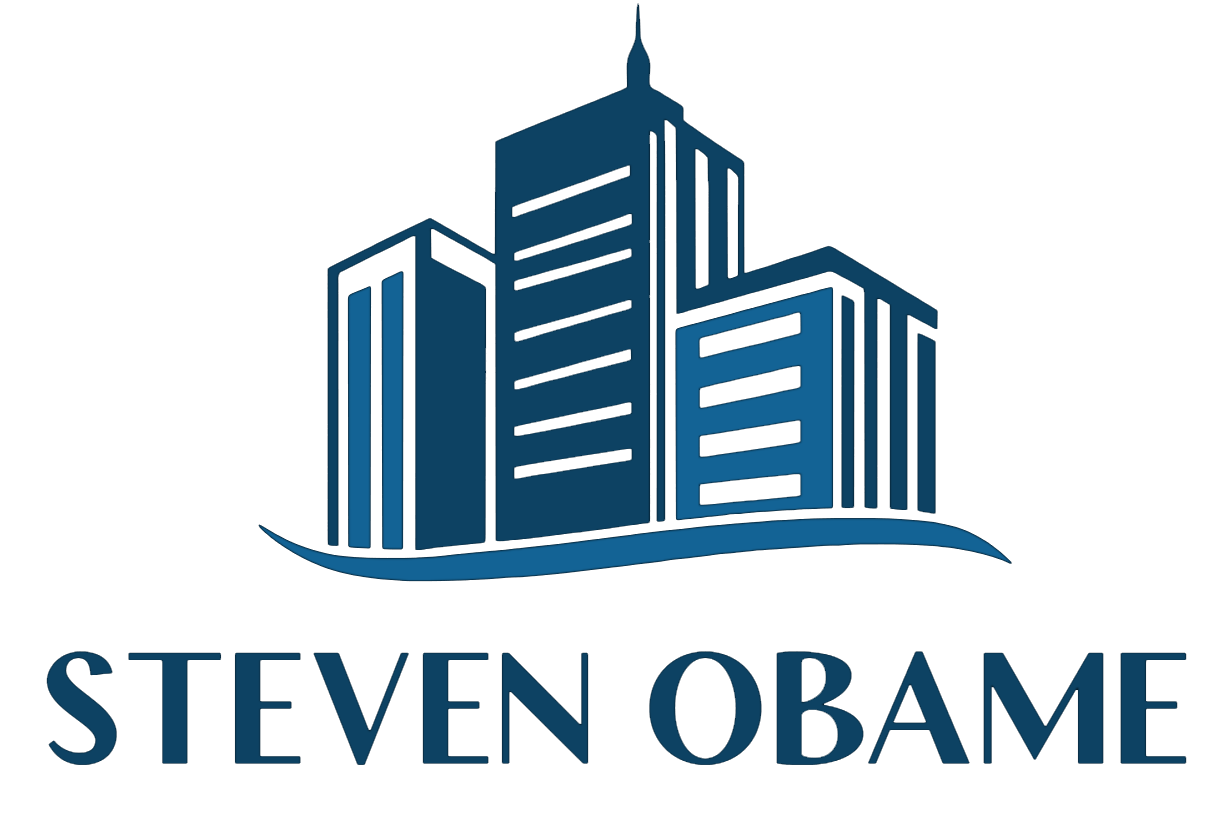In 2020, the International Monetary Fund (IMF) conducted a Public Investment Management Assessment (PIMA) in Gabon. The report, though dense and technical, delivers a clear and urgent message:
Gabon’s infrastructure system is not failing due to a lack of funding, but because of structural weaknesses in governance, planning, and execution; especially in the electricity and water sectors.
Over a five-year period (2015–2019), Gabon’s public investment averaged 6.2% of GDP, placing it among the top performers in Central Africa in terms of spending. Yet this investment has failed to produce proportionate returns. Projects are frequently delayed, go over budget, or never fully meet their objectives. Much of the blame lies in poor institutional coordination and a lack of standardized practices across ministries and implementing agencies.
Energy and water are among the sectors most impacted by this dysfunction. Planning is fragmented, with individual line ministries developing infrastructure strategies independently, often without any overarching national oversight. Appraisals for large-scale projects rarely include detailed cost-benefit analyses or proper environmental impact assessments. Procurement procedures, which are supposed to ensure transparency and efficiency, are frequently bypassed, favoring direct awards and emergency contracts. Once implementation begins, many projects suffer from unclear technical specifications, poorly enforced contracts, and a general lack of accountability.
The situation is especially critical in rural areas, where populations remain underserved. The delay in deploying electricity networks and water supply systems in these zones continues to deepen regional disparities, undermining efforts toward inclusive national development.
The IMF strongly recommends the establishment of a centralized unit to oversee and coordinate all public investment projects, ideally situated within the Ministry of Budget or the Ministry of Planning. This body would set standardized evaluation criteria, monitor performance metrics, and reduce the space for political interference through the use of digital procurement systems and real-time contract tracking. Without such reforms, Gabon’s infrastructure initiatives, particularly those concerning the power grid, solar energy, and water treatment, will remain vulnerable to chronic inefficiencies.
Some of the data presented in the PIMA report is particularly telling: the execution rate for infrastructure projects was below 60%. Nearly 40% of the projects exceeded their planned costs by over 30%. Fewer than 15% were appraised using a standard, transparent methodology. Not a single entity in the public sector had access to a central infrastructure database. These figures paint a troubling picture of a system that lacks cohesion, planning discipline, and operational efficiency.
|
|
As Gabon embarks on ambitious projects like the Kinguélé Aval Hydropower Plant, the PASIG (Water Sector Improvement Project), and PIEPAL (Access to Electricity in Libreville), these inefficiencies take on even greater importance. Without serious reform, there is a risk that these projects will repeat the mistakes of the past.
The lesson here is not just technical, it’s institutional. Infrastructure is more than concrete, transformers, or pipelines. It is a reflection of leadership, systems, and the ability to follow through. When processes are sound, the outcomes improve, whether it’s electrifying remote communities or delivering clean water to growing urban populations.
The IMF’s PIMA report is not just a critique, it’s a roadmap. If implemented with seriousness and accountability, it could help Gabon transition from well-funded intentions to high-impact delivery.
Source : International Monetary Fund, imf.org
Steven OBAME










